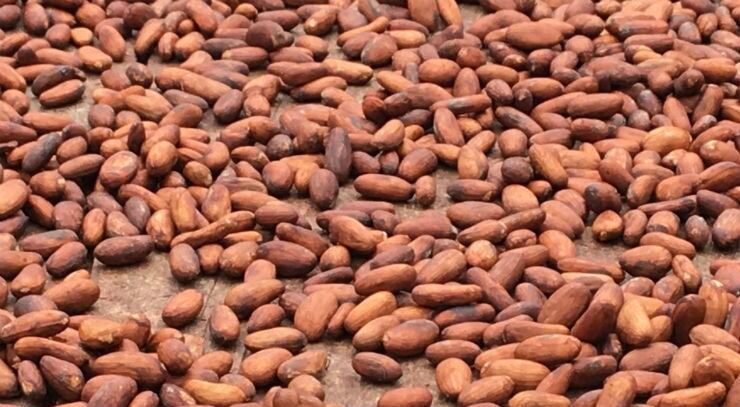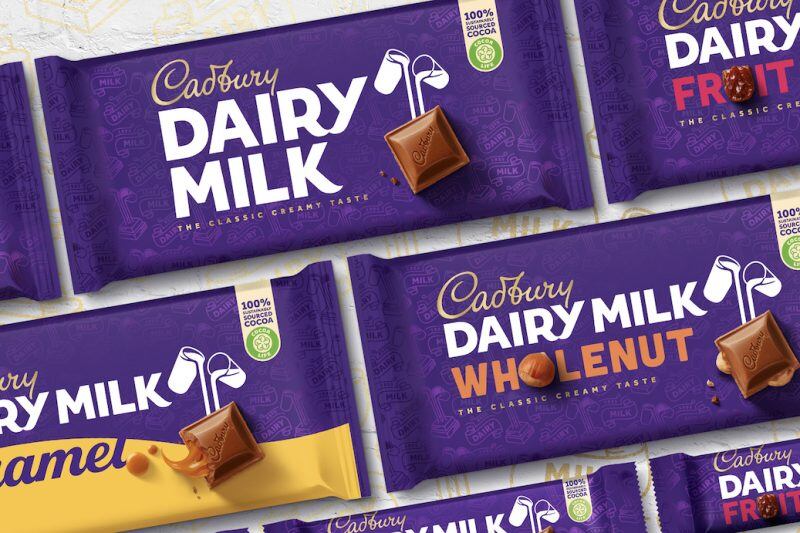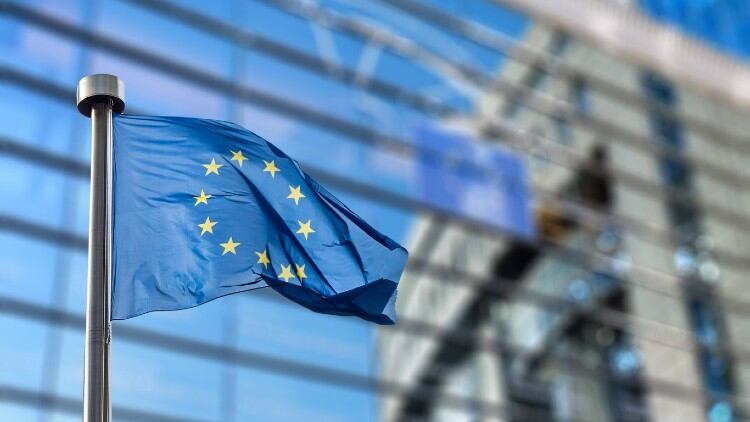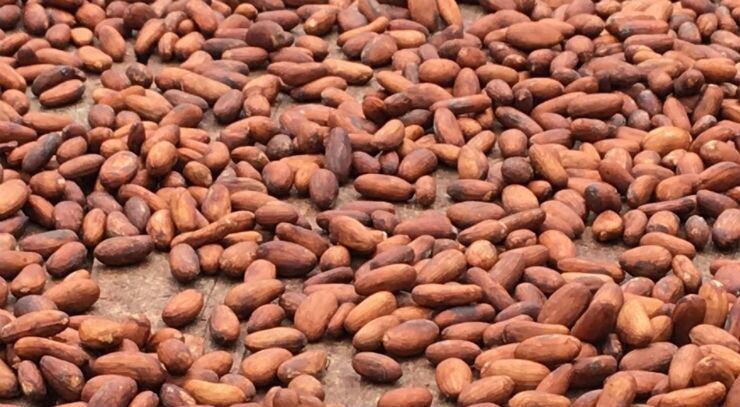According to a Bloomberg report, the Nigerian Ministry of Agriculture is expected to hold talks about the potential alliance with Cocobod, the Ghana Cocoa Board in May.
If the talks are successful, it could mean the creation of a ‘Cocoa OPEC’ in West Africa and a stronger selling price for the region’s cocoa, where 70% of the world’s beans are grown.
Cote d’Ivoire and Ghana set a $400/ton premium on the export price of cocoa from their 2020/2021 crop, which most of the major chocolate companies agreed to pay.
Nigeria is the fourth largest producer of cocoa, accounting for 6.5% of the global production, originating from an estimated 300,000 smallholder farmers covering an area of 1,400,000 hectares, according to government sources.
“Very soon we’re going to have Nigeria on board with the LID system and increasingly other countries are going to join,” Fuad Mohammed Abubakar, head of Ghana Cocoa Marketing Company UK Ltd, told the media.
EU legislation
The European Union plans to introduce legislation to force chocolate brands to guarantee their supply chains are free of deforestation risks, as guaranteeing living income for farmers hasn’t been part of the discussion, but should be included in company audit trails, Abubakar told Bloomberg.
“The legislation is good because we do think companies should be responsible for these things, but how can you source ethical cocoa without paying ethical prices?”
Research by the UK’s Fairtrade Foundation claims that on average, cocoa farmers earn 6% of the price consumers pay for chocolate.
A recent briefing by analysts Oxford Economics highlighted the struggles faced by West African Cocoa producers because of the pandemic, which forced them to offer discounts to buyers.
“During the 2020/21 harvest season, Cote d’Ivoire and Ghana accounted for over 63% of global cocoa production. However, these countries struggled to sell their cocoa amid weak global demand,” the report said.




